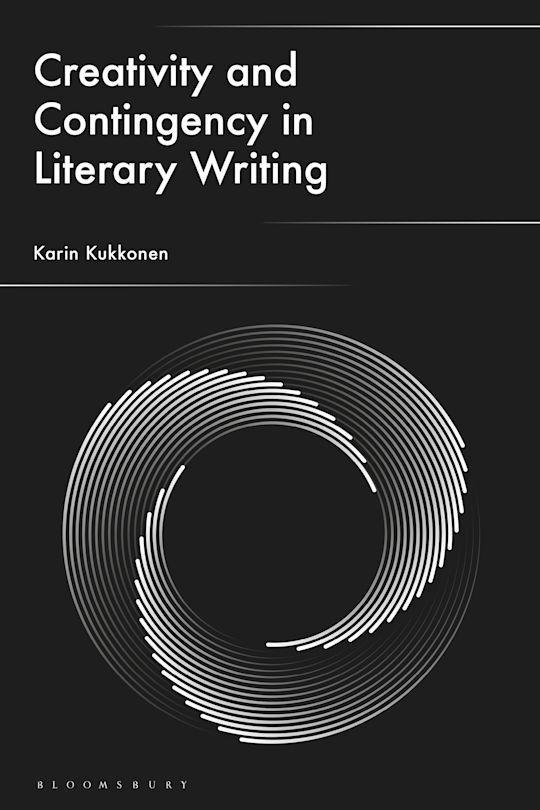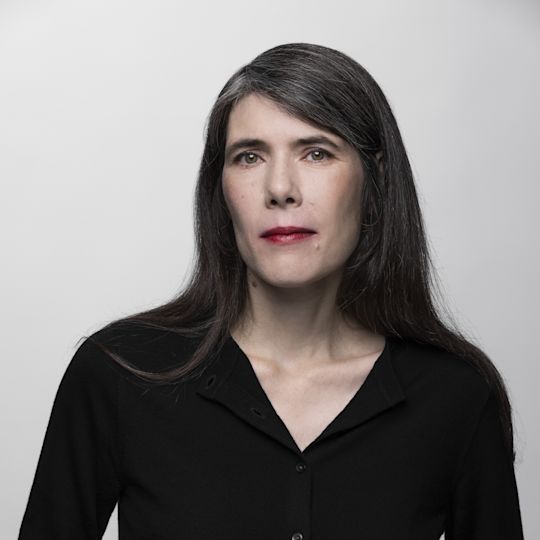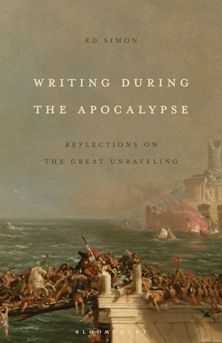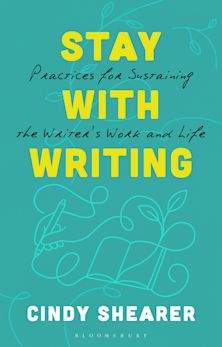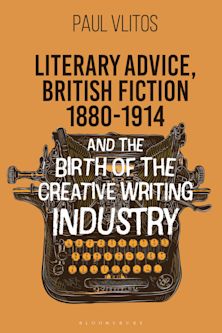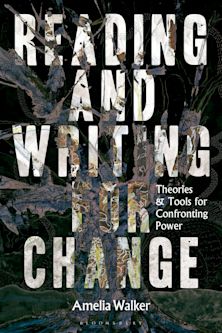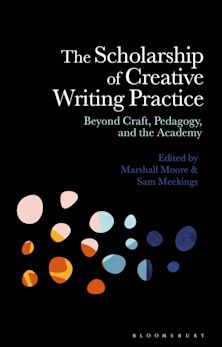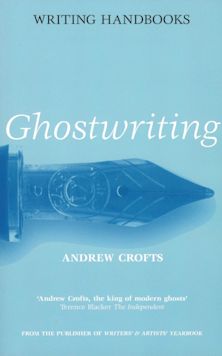Description
The first book to investigate, analyze and theorize the creative processes of literary writers, Creativity and Contingency in Literary Writing uses author interviews, manuscript genetics and textual evidence to explore creativity from the authorial perspective.
Studying an author's practice, literary form and contextual contingencies as elements that affect literary creativity, Karin Kukkoken develops theoretical models for examining the age-old problem of artistic creation and how it has been put to works by authors from the nineteenth century to the age of digital fiction, across a range of languages. With insights from the cognitive sciences, anthropology and philosophy of mind as well as literary studies, the book calls upon interviews with Siri Hustvedt, Marina Warner, Anne Weber, Camille Laurens, Gwenaëlle Aubry, Kate Pullinger, Gunnhild Øyehaug, Maria Stepanova and György Dragomán and studies the manuscripts of Charlotte Brontë, Cora Sandel, Elsa Morante and Italo Calvino.
Overcoming the traditional distinction between creative agent, process and creative product, Creativity and Contingency in Literary Writing is as accessible and illuminating as it is important to understandings of human creativity.
Table of Contents
Acknowledgements
A Note on Translations
Introduction: The Second Book Problem
Chapter 1: Contingency Traps: Form to Contingency
Chapter 2: Contingent Selves: Contingency to Form
Chapter 3: Why One Form and Not Another? Form to Practice
Chapter 4: Paper, Type-Writers and Screens: Practice to Form
Chapter 5: Provoking Chance: Practice to Contingency
Chapter 6: Found Objects, Lives and Words: Contingency to Practice
Conclusion: When It's Finished
Appendix I: Overview of Interviews
Appendix II: Overview of Manuscripts
Appendix III: Citations in the Original Languages
Bibliography
Index
Product details

| Published | Dec 11 2025 |
|---|---|
| Format | Ebook (PDF) |
| Edition | 1st |
| Extent | 272 |
| ISBN | 9781350522671 |
| Imprint | Bloomsbury Academic |
| Illustrations | 5 bw illus |
| Publisher | Bloomsbury Publishing |
Reviews

ONLINE RESOURCES
Bloomsbury Collections
This book is available on Bloomsbury Collections where your library has access.









